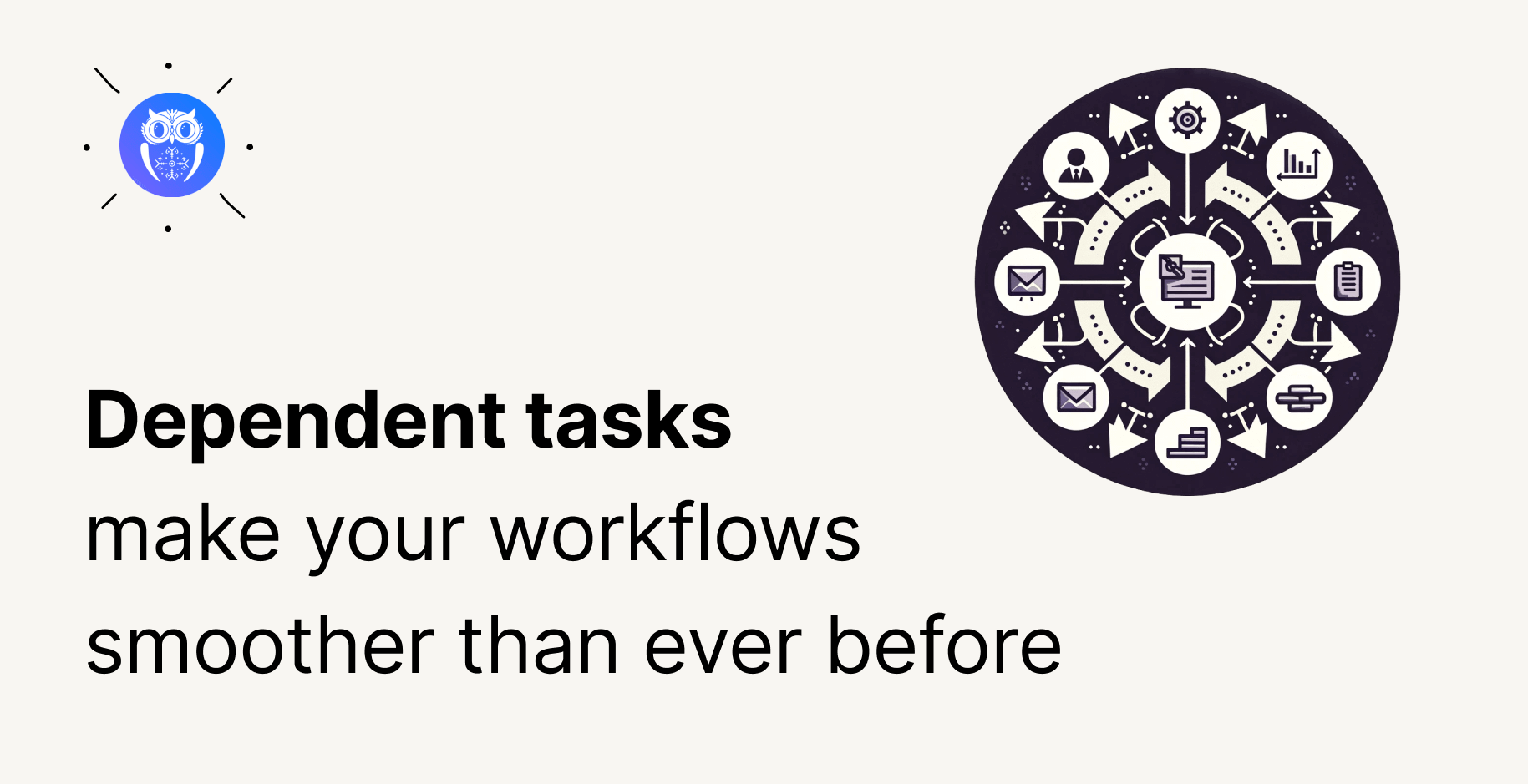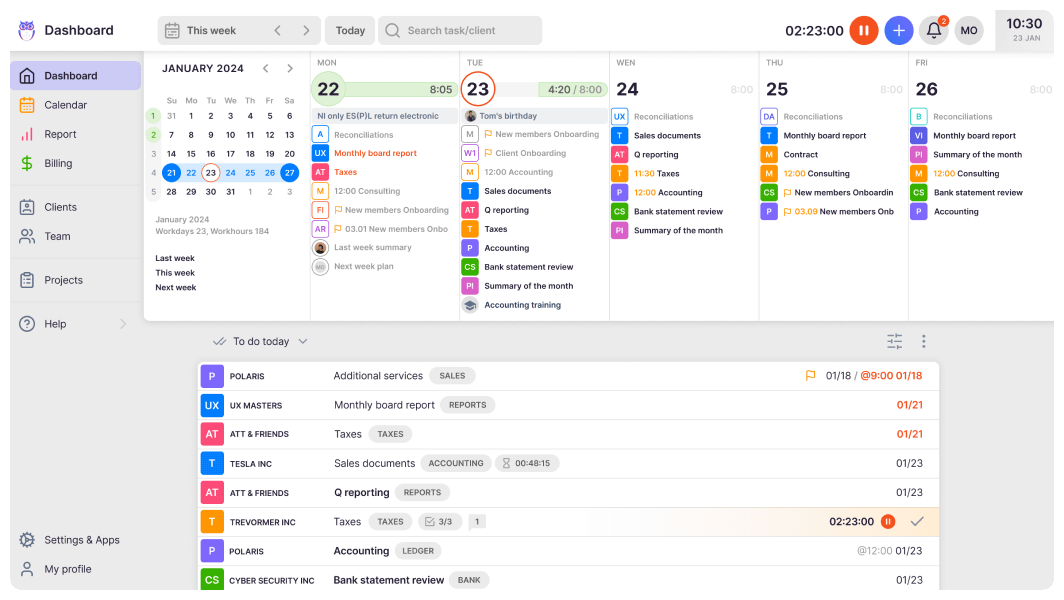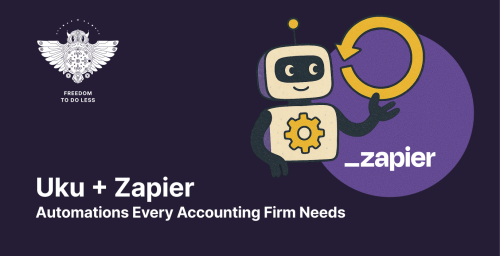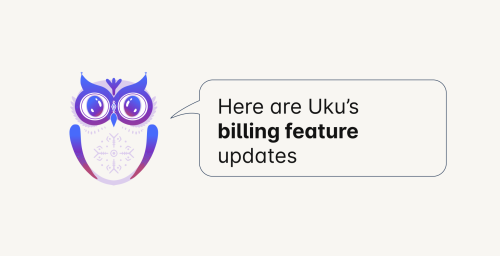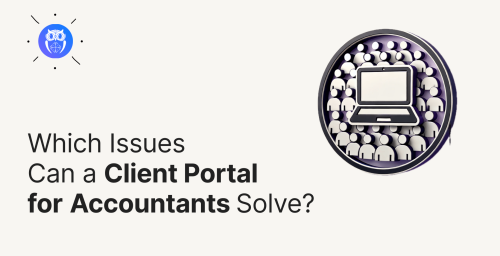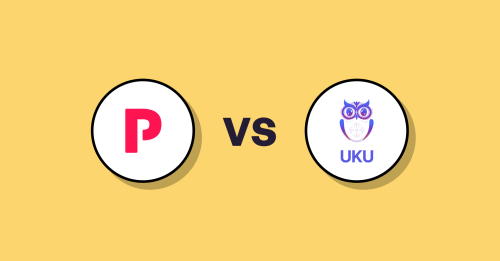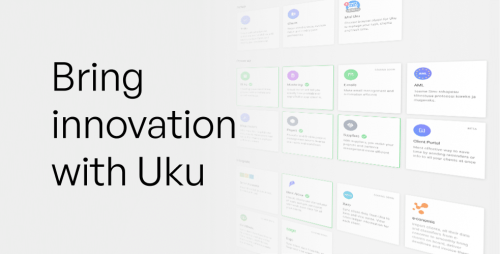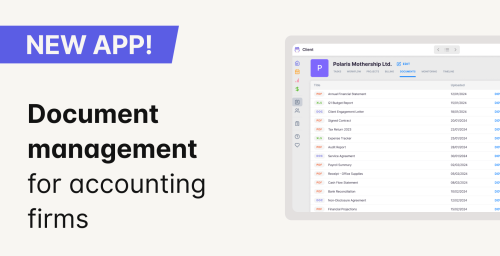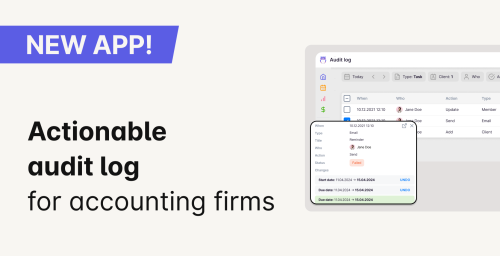The long-awaited feature that makes project management for accounting firms much easier, dependent tasks, are now here! Task dependencies make your workflows even more effective.
Dependent tasks are most helpful in creating a smooth workflow.
What are dependent tasks?
A dependent task means that one or more subsequent tasks will appear on the dashboard when you mark a task as done. Dependent workflows are very practical in many everyday admin tasks, for example, during a new client’s onboarding process.
Here are three ways you can use dependent tasks:
The relationship between the two tasks
The dependent task will appear on your dashboard after marking the previous task as done.
For example: To enter documents into a program, you must receive them first. In this case, create both tasks and mark the “Entering documents” task dependent on the “Receiving documents” task.
When you mark one task as done, your next task or many tasks appear
An essential task starts the workflow.
For example: To start working with a new client, it is first necessary to perform a background check. Create all of the tasks for the onboarding process. Then, mark all other tasks in the onboarding process one by one to depend on the “Background Check” task. Once the background check is complete, mark it as done, and the following tasks appear on the dashboard.
When you mark multiple tasks as done, a single task will appear
At the end of the workflow is a summary task.
For example: To send employees a salary notification, you must complete several tasks in advance. Enter all tasks to Uku and mark all others as dependent tasks on the “Sending salary notification to the employee” task.
You can also add task dependencies to a work plan or template and later attach them to the client.
Learn more about how to set up task dependencies at help center





